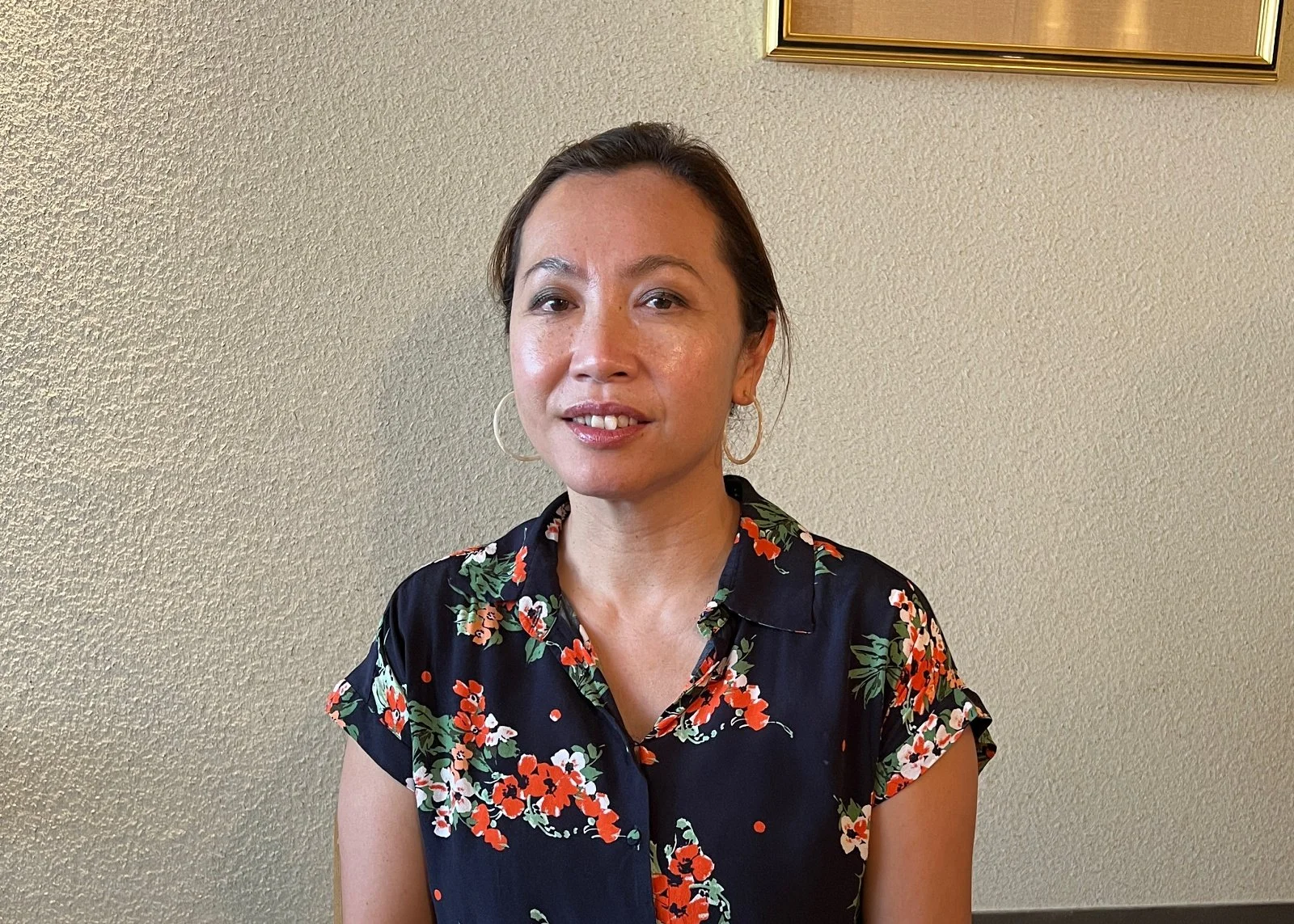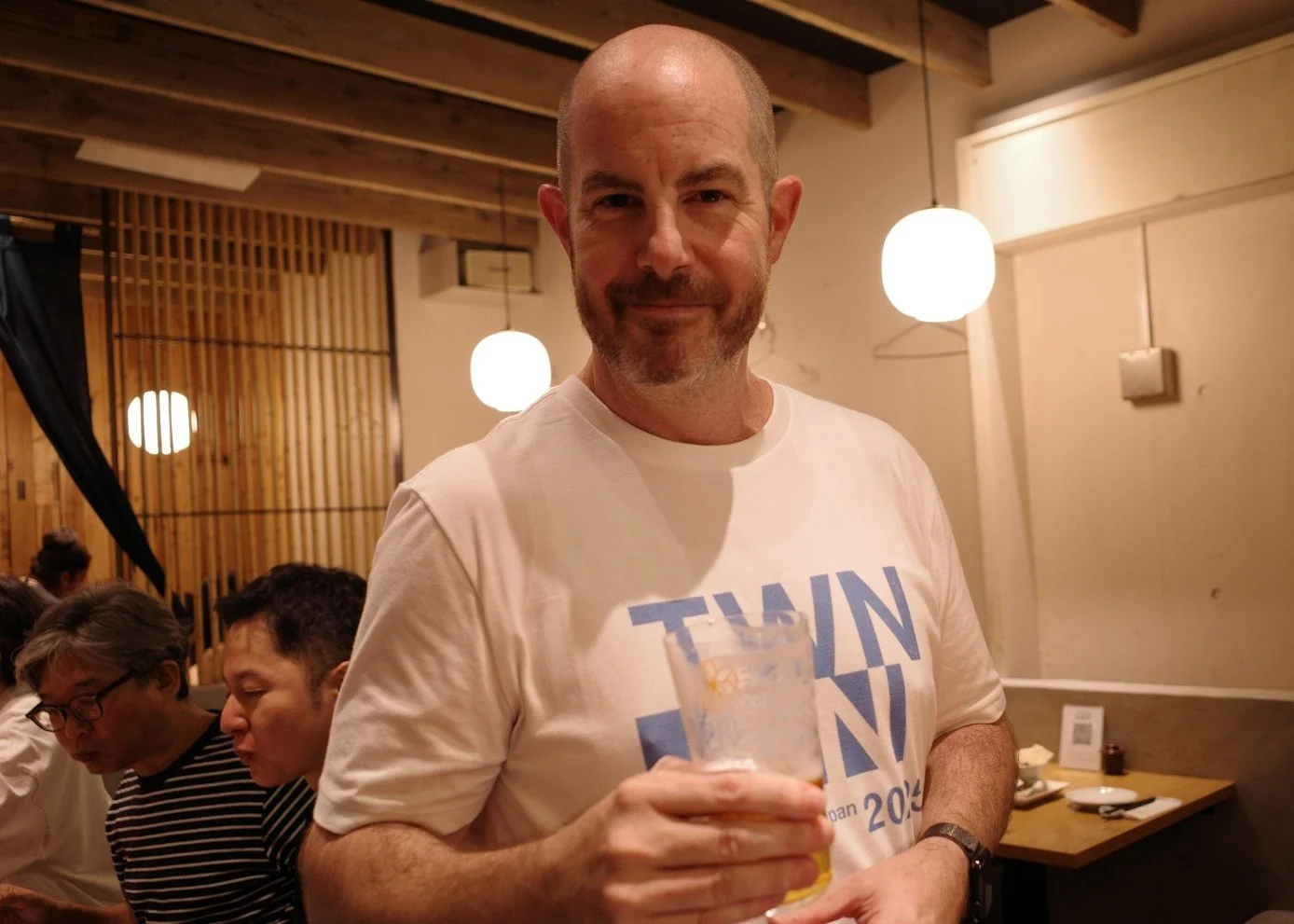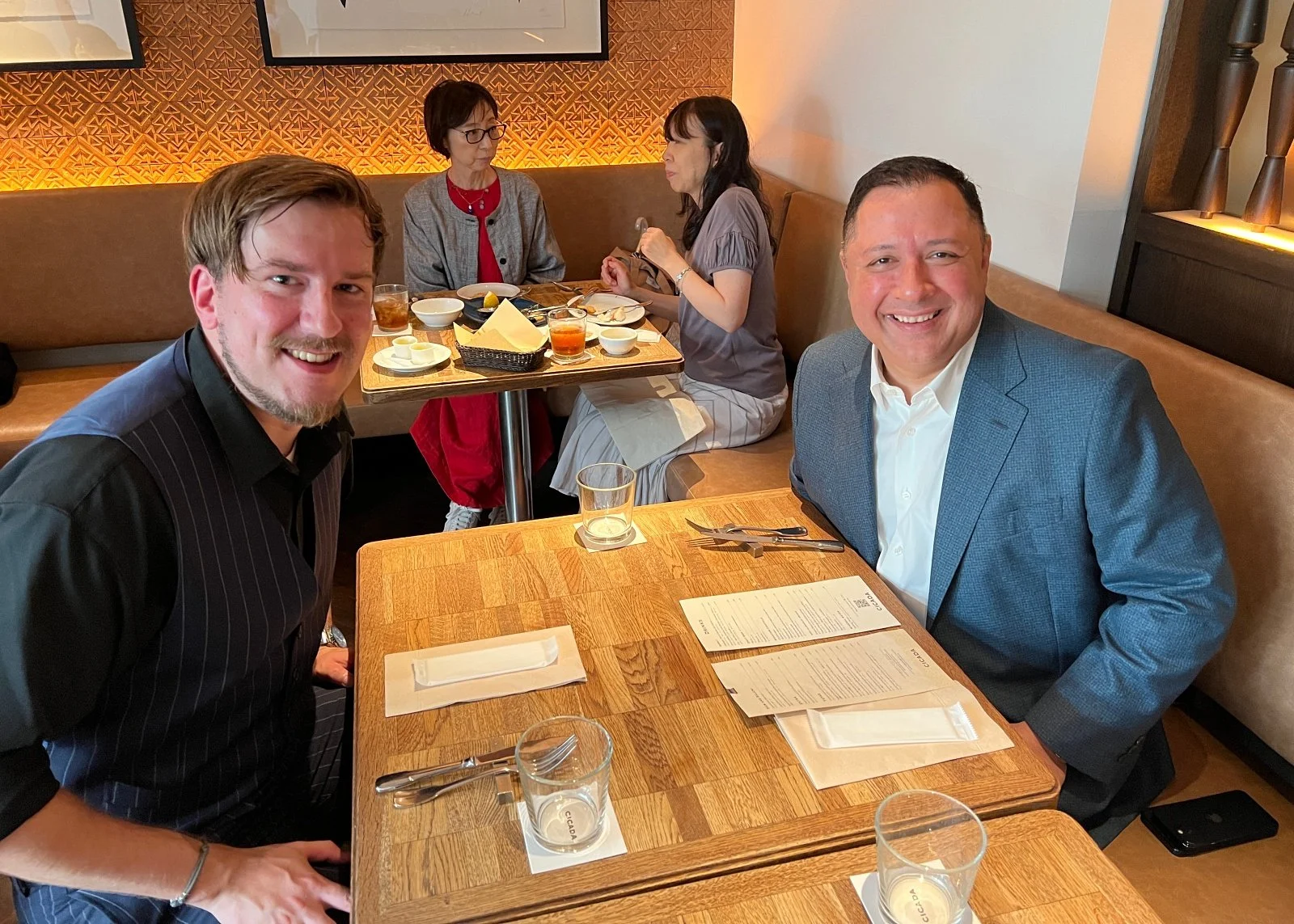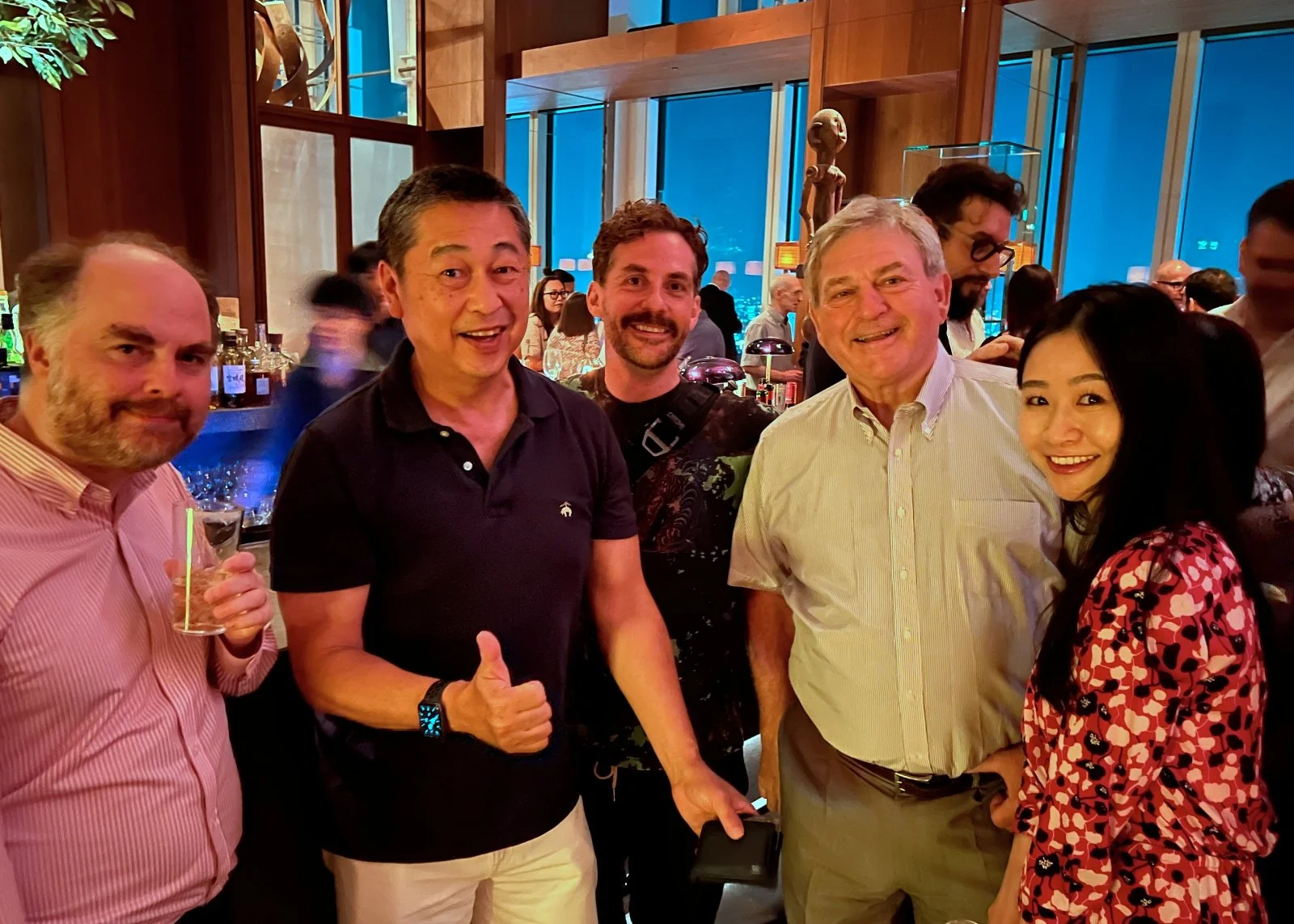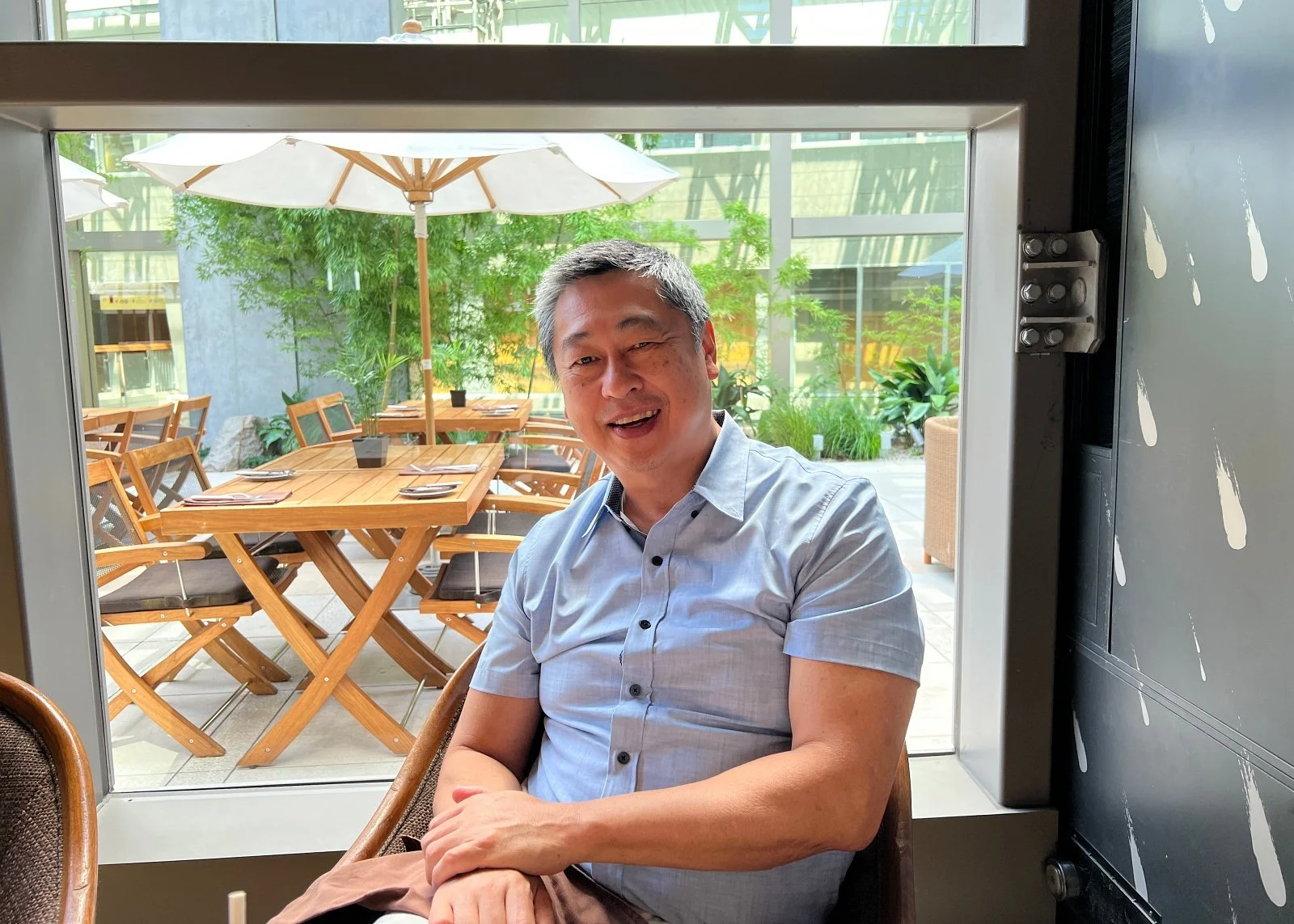The Delphi Roar: September 7th, 2025
Dear Members and Advisers,
It feels like months since I last put fingers to keyboard to produce the Roar! The combination of traveling thousands of miles and dealing with jet lag both ways, along with an inevitable break in routine, made it surprisingly difficult to slip back into a pre-holiday mode of life. However, with the children back at school instead of running around the house screaming, jet lag beaten, and the memories of the holidays fading, the last week or so has felt like Delphi is running on “all cylinders” again!
On the Delphi event side, for example, the Last-Tuesday Cocktails are booming, due to various operational improvements, such as longer lead times, but also because they are developing a reputation as a fun and interesting place to be - which cannot be said of most networking events, at least in my opinion.
On the CEO Summit side, I am increasingly convinced that “By CEOs For CEOs” is a format that members enjoy - hearing the problem explained personally by a CEO, and then with other CEOs providing the benefits of their experience, both good and bad. This is a big change from bringing journalists, consultants or academics in as outside speakers, which is generally the norm in other organizations. We also focus on practical CEO management issues always with the country manager or CEO in mind, rather than “grand strategy” events.
Another change in our approach is that rather than trying to guess the topic which I think members might enjoy, I ask members what dilemmas they are facing, which might be resolved by brainstorming with their peers. The upcoming AI CEO Summit was inspired by meeting Michael Magee from BRITA and hearing about his interest in using new technologies to boost performance. The recent noteworthy Summit with Ross Rowbury from Nomura was also based on new members requesting insights on how they can influence opaque and conservative Japanese firms to buy their services. Ross did a splendid job explaining the available levers.
We also had a small surge in numbers, with three new members this summer, and especially two women members in the last week - which I know some of you will be very happy about. Others don't really care one way or the other, as long as the people are good professionals. All three are “Founder” members, that is to say, they run their own firms. This category has proven quite popular as Japan attracts more interest.
In other news—and this may be interesting to other country managers or founders interested in social media—I seem to have found a good rhythm on LinkedIn and also figured out what content to post. The photos I post of meeting Delphi CEO members and non-members project a clear image of our target audience, and receive a great many hits, like the recent ones of Kaori Ikeda of La Prairie and Chris Mohler of Gap Asia.
I am slowly learning that business has its own ironclad rules: anything that does not help grow the business has to be ruthlessly discarded. This is quite difficult for me, because I have a "magpie mind"—I am distracted by little shiny things and want to share them with members.
You may notice that in the quotation section, I am now focusing much more on what country managers are saying rather than the various journalists, academics and artists that I speak to. My aim is to make the focus on country managers and founders very clear, for both current and future members.
In other words, I have decided that the Delphi value proposition depends on helping country managers and founders, rather than more general thoughts on, for example, the war in Ukraine or even Japanese culture, unless it happens to be relevant to the interests of a Delphi B2C member.
The Shifting Sands of Entrepreneurship in Japan: Navigating New Realities
The landscape for foreign entrepreneurs in Japan is undergoing a significant transformation. Recent changes to the Japan Visa Rules, particularly concerning the Business Manager visa, are creating new business challenges and forcing a re-evaluation of strategies for both aspiring and established foreign business owners. This shift affects everything from initial investment requirements to the long-term viability of Foreign Startups. Understanding these new rules is paramount for navigating Japan's evolving economic currents.
Introducing Your Essential Tokyo Business Compass: The Delphi Network Select Map
Navigating Tokyo's vast array of cafes, restaurants, and hotels for business purposes can be an overwhelming endeavor. With countless options available, finding the ideal spot for a discreet coffee meeting, an impressive business dinner, or comfortable accommodation for visiting associates often consumes valuable time and mental energy, diverting focus from your core objectives. We understand this logistical challenge intimately, and that's precisely why The Delphi Network has developed an exclusive, vetted map designed to simplify your professional engagements in Tokyo.
This meticulously curated resource provides members with hand-picked selections of comfortable cafes perfect for focused discussions, quality restaurants ideal for impactful business dinners, and luxurious hotels to ensure your associates experience Japan's renowned hospitality. By providing a trusted guide to these prime locations, our map significantly reduces the guesswork and stress associated with venue selection. Now, you can confidently choose the perfect setting, allowing you to concentrate fully on building relationships and getting business done, rather than wrestling with logistical complexities.
Seen in the Network
Upcoming Events
AI For Gaishi Leaders
Benchmark your AI approach with fellow CEOs in a confidential, high-level discussion on strategic adoption.
Delphi Cocktails September 2025
Connect with Tokyo’s top executives over curated cocktails and high-level conversation, 51 floors above the city skyline.
Heard in the Network
“I am a big believer in self-help. But at this point, I am not sure if my huge work-related stress means I need even more self-help, or if I should just walk away. Life would be much better if I could just get away from the anxiety, racing thoughts, fear of the future, fear of failure, regret at the way things have turned out, etc. I have put my business up for a sale, but another solution is to bring in a CEO while I step “up” and “sideways,” perhaps as the Chairman or just as an adviser. I regret I cannot bring my anxiety under control, because if I could, surely everything would be OK? If I had the tools to somehow not have sleepless nights, etc. ”
“One of the reasons I am Country Manager is that I want to improve myself. I have been doing a deep dive into HR issues, for instance, with ChatGPT, and it’s amazing how much I have learned. I feel a lot more comfortable. I may not have the in-depth expertise of my individual colleagues, but I know more than them about the business and industry as a whole. This gives me confidence. Previously, I felt embarrassed about my lack of detailed knowledge in individual areas, but now I can compensate by informing them about what’s going on “overall.””
“Getting rid of employees is certainly quite hard to figure out in Japan. It seems you can only suggest that an employee leave, and even the tone of your language can endanger you if it suggests you are “coercing” the employee to leave, which is strictly not allowed. You need to come out with a phrase like, “We could probably both grow better if we are apart than together”!”
“Staying in regular touch with the global CEO is crucial, so I go back to HQ at least twice a year, and he visits me here in Japan. The ratio of Zoom to in-person meetings is crucial—not too many Zooms, but also, once you get what you want from the CEO, it’s a good idea o to “fade out” so as not to risk the investment promises the CEO has made from being derailed by an unlucky or clumsy comment. And don’t neglect bringing gifts for the children CFO and the CTO, who are also crucial partners. Japanese rice crackers always go down well! ”
“People extrapolate simplistic conclusions from the data, for example that any business serving Japan’s declining number of kids is doomed. Actually, our baby apparel business is booming, because there are ever more relatives to ever fewer babies, so there is much more money being spent per baby. And the kids rise in value as they diminish, so everybody is giving them nice, expensive products.”
“We have found that buying Japanese IP—that is, associating our brand with music and anime—can be quite powerful across the region, even though you can be sure that it takes at least 18 months to align supply chains, etc. And every region wants its local tweaks. Japan and Taiwan, for example, are super closely aligned, and South Korea is close, too—so you can get some scale. Japanese IP can also resonate in China, but China is always a law unto itself, with its own supply chains and its own way of seeing the world! ”
“As a CM, I am looking forward to the Delphi “AI for CMs” event. I instinctively use ChatGPT like I would Google, but my search terms do not translate into good prompts. I uploaded a presentation and requested a summary with visuals, and it was pure garbage, so I stopped using it. I feel like a “Luddite,” though!”
“My head of sales is a great guy, but recently two young female colleagues have come to my office in tears due to his management style. I am finding the coordination of Showa, Millennial, and Gen Z cultures in the office quite challenging!”
“When appointed Country Manager, it took me a while to realize that as legal representative, I was personally responsible for the firm! This has deeply changed my attitude toward things that might seem quite trivial to HQ. I am now very pedantic and careful about the smallest things, because I don’t want to go to jail. This is completely bizarre for my HQ, because in Western countries, the individual is very rarely personally liable—it’s the company. ”
“I am the kind of leader who likes to make jokes to relieve the tension. But I am quite nervous now about making jokes that might lead to charges of “harassment” of some kind. I feel like I am walking on eggshells. It makes me wonder about my leadership style. I am an introvert but I feel I have to expend a lot of energy within the office to create the right atmosphere.”
“I think the Showa guys in my team expect the younger people to learn on their own. But Gen Zs like to be gently guided to their goals. I think there is a complete reversal dynamic, where post-bubble in 1989, everyone was getting fired, and traditional mentorship disappeared. You had to learn “on the job.” But now, it’s different. There is a huge talent shortage and competition for talent, and Gen Zs are accustomed to being treated as a rare and precious resource by most people. So, old-school managers who yell at Gen Zs can cause a lot of confusion and distress - to the company as well as to the youngsters. ”
“My company has abolished WFH in the US, which is proving very dramatic. They gave me 24-hour notice to do the same in Japan. I told them it would cost $5M to relocate to drop everything - because we gave up a floor during COVID and mandated WFH. But now, with the company growing, we have no space for them! To make things even more ironic, rents are rent-controlled in our building, but by breaking the lease with the floor we gave up, we will have to pay market rates if we want it back, which will be a big jump. But I was able to shift the conversation from real estate and bricks and mortar to a more conceptual level, namely team engagement and commitment, and managed to extricate Japan from the mandate. I persuaded HR that with a doubling of the budget for team engagement (offsites, get-togethers, etc.) we could postpone the return-to-office moment.”
“We are shifting to hiring younger and younger staff, because that’s where we see the future and because that resonates with our brand—even if in reality we are getting older customers in Japan than in the US. But if you want to attract teens, it makes sense to hire teens. We do this partly by not requiring a college degree, which used to be mandatory even for floor staff!”


